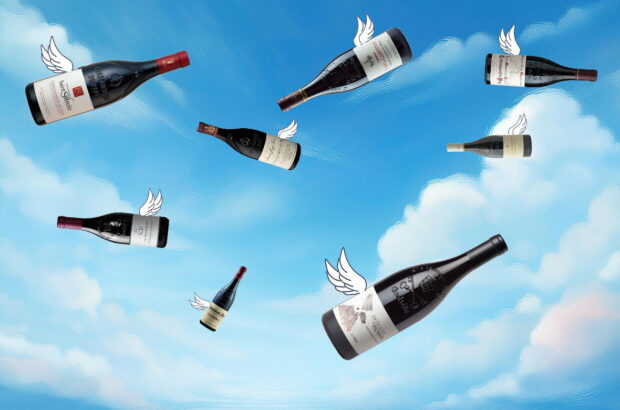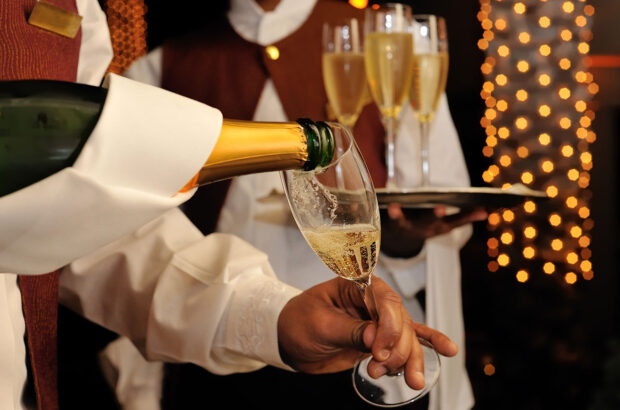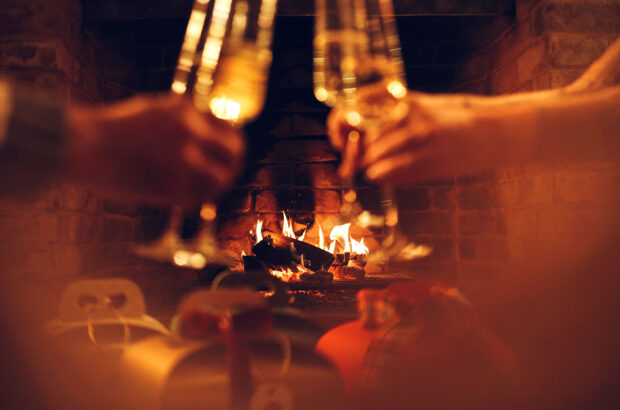Wine tasting is not drinking. Although wine is made to drink and enjoy, there are also times when it has to be judged and assessed. Mastering the art of tasting is essential in order to get the most out of your wine drinking.
Spitting
‘Alcohol is ultimately stronger than anyone’s constitution,’ as
American
wine expert Jeff Morgan said. You should always spit out the
wine you
taste – any taster who didn’t would become incapable after half
an hour.
Spittoons are provided at all tastings. They may take the shape
of a
metallic funnel, a box filled with sawdust, or any other
bowl-shaped receptacle.
At seated tastings, individual receptacles like ice buckets or
plastic
jugs are provided.
You should spit the wine firmly and accurately in a single jet
through
pursed lips. Practising at home beforehand in front of a mirror
can often
help. Etiquette dictates that precedence is always given at the
spittoon
– you should never spit diagonally across another taster. You
should also
try not to address a question to a taster who is obviously
concentrating
on a mouthful of wine.
Tasting 100 wines over three or four hours has some effect on
the senses.
No matter how carefully you spit, you are absorbing alcohol
through your
nose, your sinus and your throat.
Decanter.com consultant editor Steven Spurrier, who routinely
tastes
500 wines a week in the tasting season, is in no doubt of the
intoxicating
effect of tasting.
‘I get pretty light-headed,’ he says. ‘I can see by the quality
of my
handwriting between note 1 and note 100 that it’s had an
effect.’






